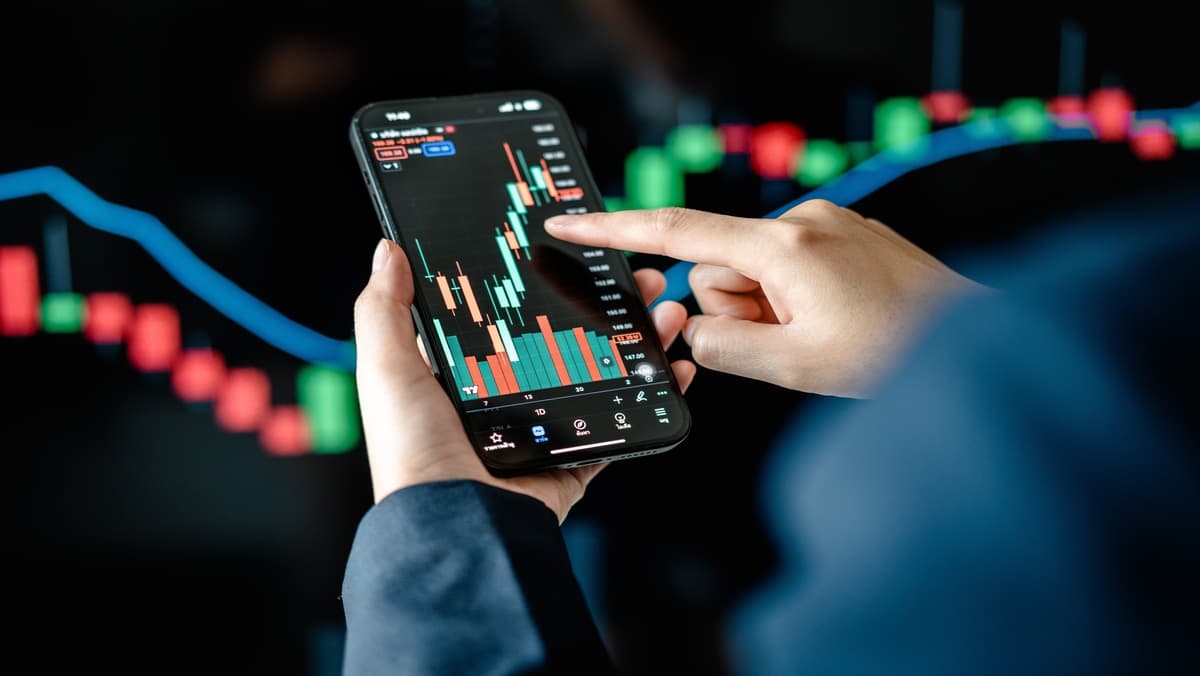
One of the easiest traps to fall into as a trader is overtrading. It often starts with a burst of enthusiasm, a winning streak, or a moment of boredom. The result is a string of unnecessary trades that gradually eat into your capital. This pattern is particularly common in fast-moving markets like Share CFDs, where access to leverage and constant price action can make trading feel urgent. But in reality, more trades do not equal better results.
Quality over Quantity Matters
In any market, but especially with Share CFDs, disciplined traders learn to wait for high-probability setups. These are trades backed by a clear reason, a tested strategy, and a defined risk-to-reward ratio. Taking every small signal leads to emotional burnout and inconsistent performance. By focusing on fewer but higher-quality opportunities, traders often find their win rate improves, along with their confidence.
Recognizing Emotional Triggers
Overtrading is often emotional, not strategic. A trader might try to chase losses or jump into the market after seeing a small win, hoping for more. These impulsive actions can quickly spiral. To avoid this, it helps to build a daily routine. Set specific hours to analyze Share CFDs, create a shortlist of watchlist assets, and stick to predefined rules for entering a trade. Removing the temptation to act on every market tick reduces the chance of emotional decisions.
Structuring a Trading Plan That Limits Excess Activity
Having a trading plan is more than just writing down rules. It is a framework that outlines how many trades you intend to take per week, the kind of setups you look for, and the maximum loss you are willing to accept. In the Share CFDs space, this could mean choosing a specific group of stocks to focus on and only trading them when key levels or technical indicators align. Once that plan is built, following it consistently acts as a filter for unnecessary trades.
Tracking Performance to Stay Accountable
One of the most effective ways to curb overtrading is through journaling. After every session, take five minutes to log what trades you took, why you took them, and whether they followed your strategy. Over time, patterns will emerge. You may find that your best trades happen in the morning or that trades taken outside your plan usually lose. When trading Share CFDs, this feedback loop becomes invaluable in identifying behavior that needs adjusting.
Using Tools to Reinforce Discipline
Many platforms offer features that help traders stay focused. You can set trade limits, get alerts when certain conditions are met, or use screeners to only look at assets that fit your criteria. If your Share CFDs strategy relies on price crossing a moving average, for example, an alert can be set to notify you only when that happens. This reduces screen-watching and keeps you from entering on impulse.
Avoiding overtrading is not about trading less. It is about trading smarter. The world of Share CFDs offers endless opportunity, but it also demands a steady hand and a clear head. By staying selective, following a plan, and managing your emotional triggers, you can create a sustainable trading routine that avoids burnout and improves long-term results.